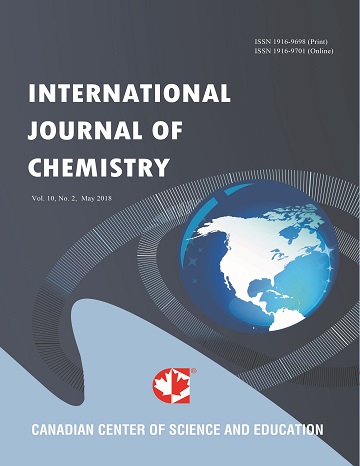Study of Activation Energy for Viscous Flow of Mixtures as a Measure of Dilution Efficiency for Heavy Oil-Diluent Systems
- Adango Miadonye
- Mumuni Amadu
- Iysha Kumari
- Isha Jain
Abstract
As the demand for crude oil continues to increase in response to the continued global needs for it, the development of unconventional crude oil reserves is the only way to sustain global supply. However, the excessively higher viscosity of heavy crude oil makes it less attractive for conventional pipeline transportation. Therefore, reducing the viscosity of heavy crude oil to meet crude oil transporting pipeline regulations is a necessity. This paper has assessed the dilution efficiency of well-known diluents in the petroleum industry, using different dilution ratios based on a thermodynamic approach involving activation energy and heat of vaporization determination. Based on selected dilution ratios, kinematic viscosities of binary and ternary systems of toluene and natural gas condensate as diluents, and Saudi Heavy crude oil as the base oil were measured, using anticipated field based temperatures reported in the literature, which facilitated the experimental approach. The study shows that although the ternary systems have the lowest activation energy for viscous flow and heat of vaporization in accordance with the thermal activation theory of viscous flow, natural gas condensate binary systems have the lowest cost of transportation per barrel of total fluid in the transporting pipeline. The study further shows that the binary systems for toluene and Saudi Heavy crude oil have higher activation energy for viscous flowed compared to the toluene systems.
- Full Text:
 PDF
PDF
- DOI:10.5539/ijc.v16n2p1
Index
Contact
- Albert JohnEditorial Assistant
- ijc@ccsenet.org
